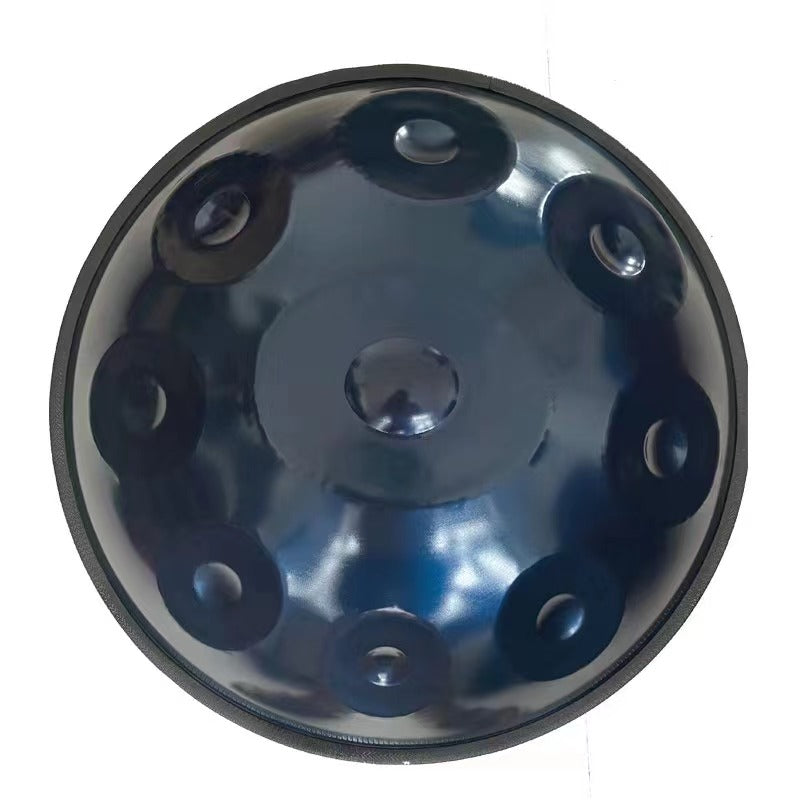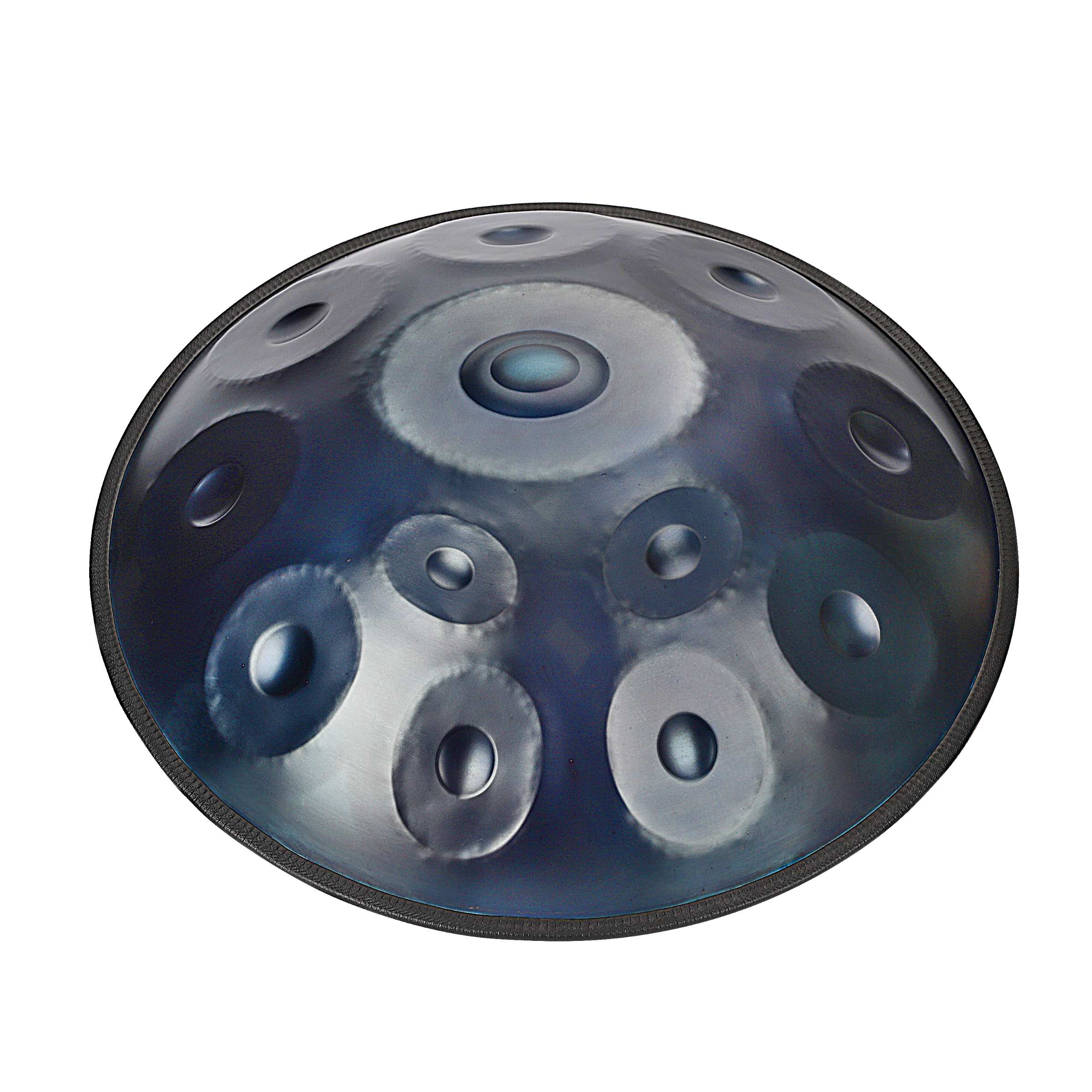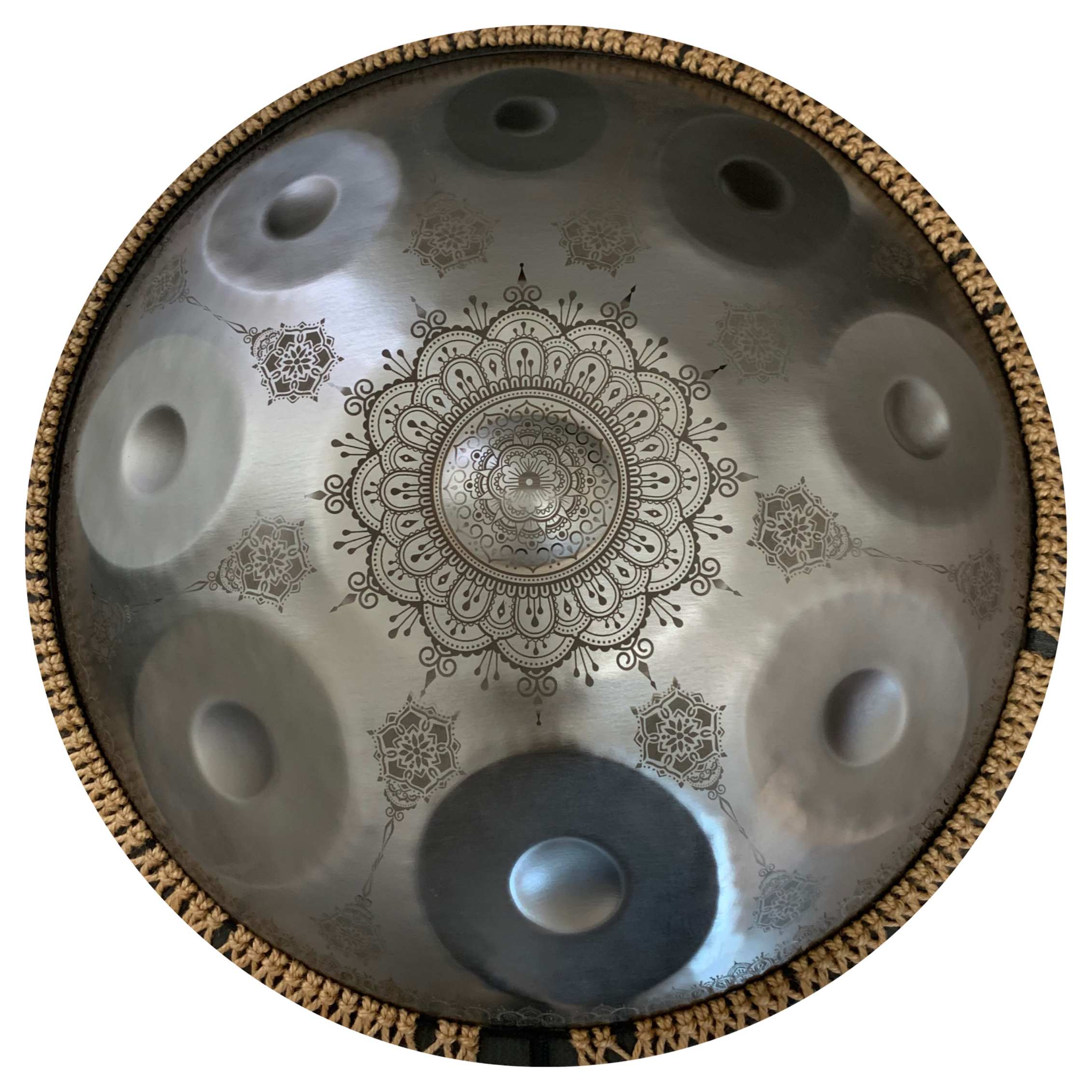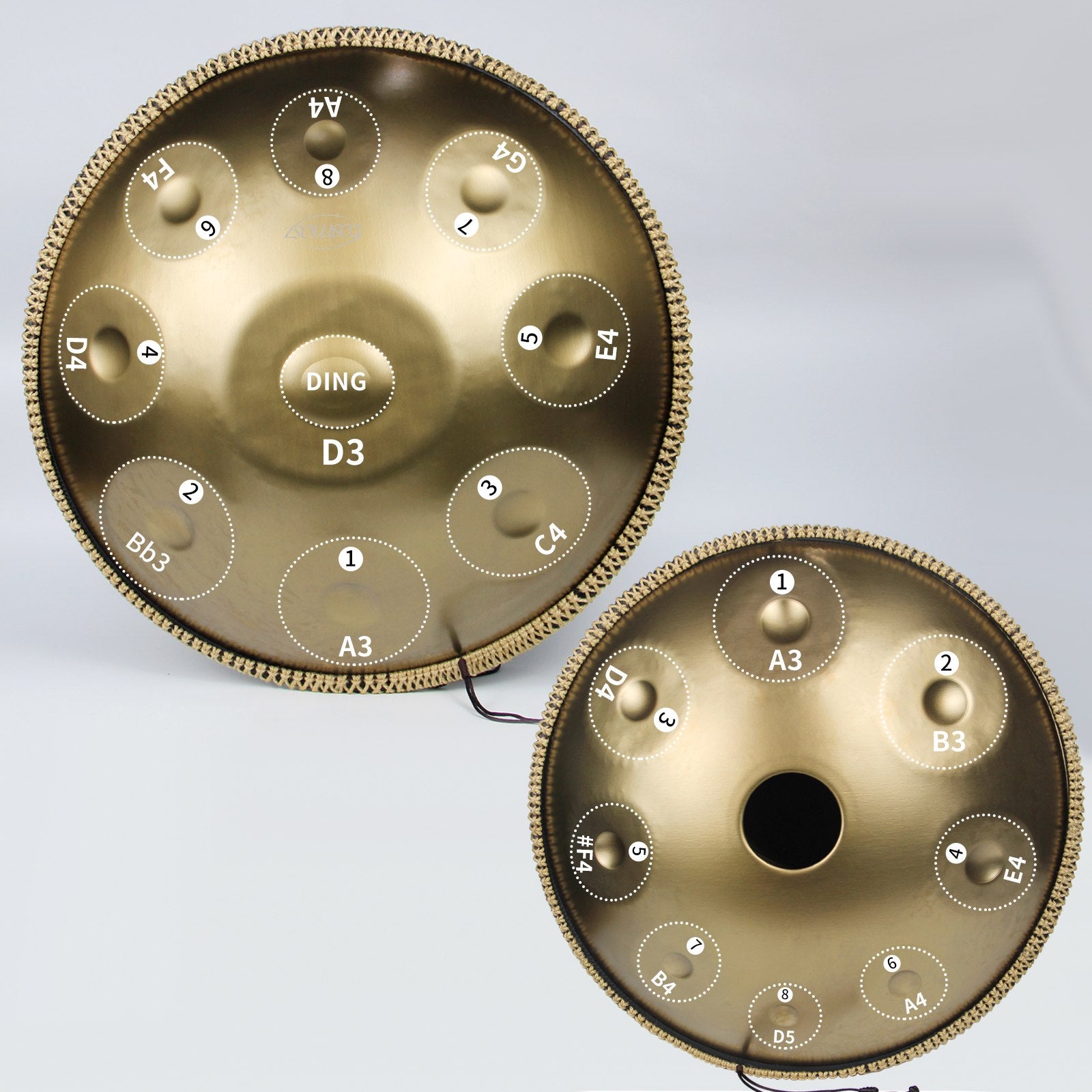The enchanting melodies produced by handpans have captured the hearts of many music enthusiasts, and if you're a beginner looking to embark on your handpan journey, you're in for a musical treat. However, choosing the right handpan as a beginner can be a bit daunting with the wide array of options available. In this guide, we'll walk you through the essential factors to consider when selecting a handpan as a beginner.
1. Understand the Basics
Before you dive into the world of handpans, it's crucial to understand the basics. Handpans are a type of steel drum that's played with the hands, producing ethereal and melodic sounds. These instruments typically consist of a series of tone fields arranged in a circular pattern. Each field produces a distinct note when struck, and the arrangement of these notes creates the instrument's unique scale.
2. Choose the Right Scale
Handpans come in a variety of scales, each with its unique sound and mood. As a beginner, consider starting with a handpan in a scale that resonates with you. Some popular scales for beginners include D Minor, C Major, and A Minor. These scales are known for their versatility and are a great starting point for exploring handpan music.
3. Check the Quality
The quality of a handpan greatly affects its sound and playability. Look for handpans crafted by reputable makers who are known for their attention to detail and craftsmanship. Research different handpan makers, read reviews, and seek recommendations from experienced handpan players to find trustworthy options.
4. Playability and Feel
When you're starting with the handpan, the instrument's playability is essential. Pay attention to how comfortable it feels to play the handpan. The notes should be responsive, and the instrument should be easy to play, especially for beginners. Try out different handpans if possible to find one that suits your playing style.
5. Budget Considerations
Handpans vary in price, and it's essential to set a budget that aligns with your financial constraints. While you don't need to break the bank, remember that extremely low-priced handpans may lack in sound quality and craftsmanship. Strive for a balance between affordability and quality.
6. Research and Test
Before making a purchase, do thorough research and if possible, test the handpans you're considering. Attend handpan gatherings or workshops to get hands-on experience. Meeting experienced handpan players can provide valuable insights into choosing the right instrument for your needs.
7. Consider Secondhand Options
If you're on a tight budget, consider exploring secondhand handpan markets. Reputable handpans tend to hold their value well, and you may find a well-maintained used handpan that suits your needs.
Conclusion
Choosing a handpan for beginner is an exciting journey filled with music and discovery. By understanding the basics, choosing the right scale, prioritizing quality and playability, setting a reasonable budget, and conducting thorough research, you'll be well on your way to selecting a handpan that resonates with your musical aspirations.
Embrace the enchanting world of handpans, and let the melodies of this captivating instrument become a part of your musical journey as a beginner.







